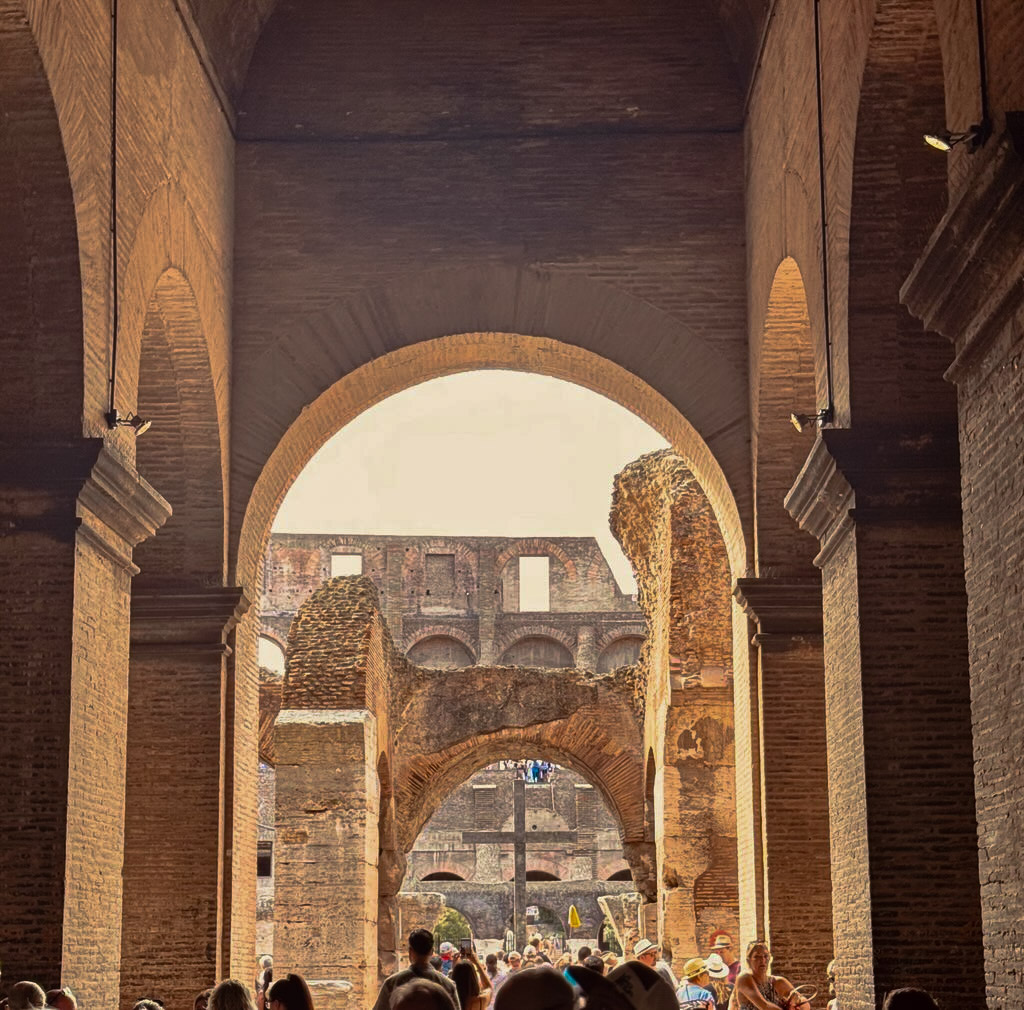

 ©Michael Player
©Michael Player
Chapter 2:6-10 (ESV) - “Do not preach”—thus they preach—
“one should not preach of such things;
disgrace will not overtake us.”
Should this be said, O house of Jacob?
Has the Lord grown impatient?
Are these his deeds?
Do not my words do good
to him who walks uprightly?
But lately my people have risen up as an enemy;
you strip the rich robe from those who pass by trustingly
with no thought of war.
The women of my people you drive out
from their delightful houses;
from their young children you take away
my splendor forever.
Arise and go,
for this is no place to rest,
because of uncleanness that destroys
with a grievous destruction.
Question to consider: Who would have told Micah not to ‘preach of such things?’
People tend to look at the Bible as God’s instruction book for living. However, as much as it was breathed out by the Holy Spirit as a testimony to our reconciliation through Christ, each book of the Bible has a context in which it was written. Before we try to apply the truths of a book to our own lives, it helps us to know the circumstances in which it was written and the purpose and audience intended to receive the book.
The book of Micah was written by the prophet. Even though he lived through three different kings spanning 750 to 686 BC, it wasn’t a 50-year diary that he kept since he was a teenager. He may have proclaimed the coming judgment throughout Judah as he received visions from the Holy Spirit over that time, but he would have written the book when the Assyrian armies were destroying Samaria and invading the countryside of Judah. He would have written it “to him who walks uprightly.” These were the faithful remnant who the LORD protected during the siege and would be carted off to Assyria. They were given a lamentation to reflect on the mighty work of the LORD to bring justice to the faithful. They were given God’s formal charges against the oppressors, false prophets, and wicked kings who did not remember the face of their father, David. They were given the advice to “Arise and go” to avoid the grievous destruction that was coming. Finally, they were given the hope of a new and everlasting covenant of peace as God’s faithful assurance that they would not be forgotten in captivity.
After Micah leveled God’s charges against the oppressors, they responded with, “Don’t preach this way! You’re lying! Adonai would never let these things happen to His people!”
If you are looking for an application to glean from this passage, understand this. When the word of the LORD cries out against your sin, repent and turn back to Him! Do not try to discredit the scripture or explain away its meaning and intention. Do not make excuses for your sin. Nothing remains hidden from God. He saw them strip the robe from the peaceful sojourner. He saw them drive women from their homes. He saw their hypocrisy destroy the faith of the young. The land had become defiled and would remain desolate because of their sin.
Imagine how bad the oppression must have been for the upright to see captivity in a Gentile nation as a good thing.
Dear heavenly Father, help us to be among the faithful and to see Your good work in the midst of a world that oppresses, speaks lies, and welcomes other gods. Insofar as we have done these things in our own hearts, we ask that You forgive us our trespasses as we forgive those who trespass against us. Amen.